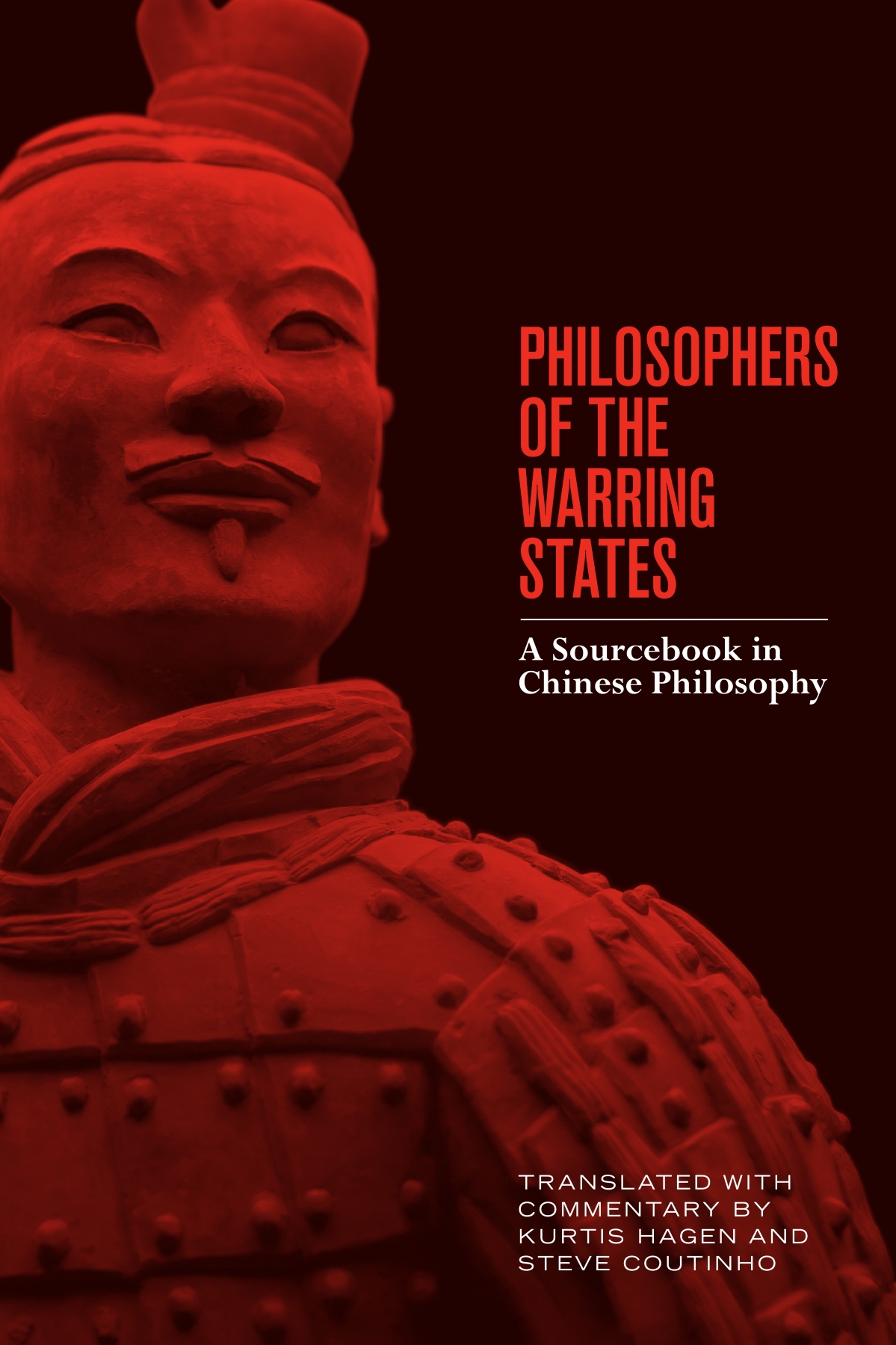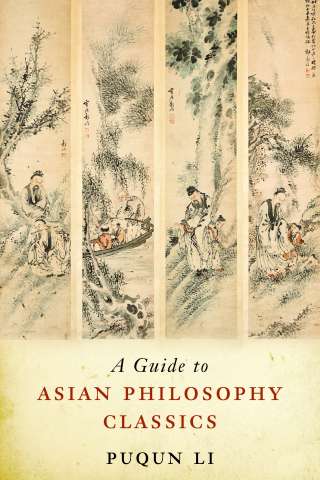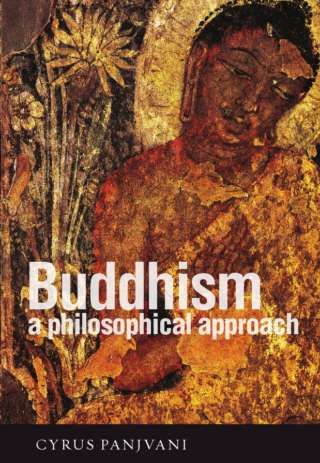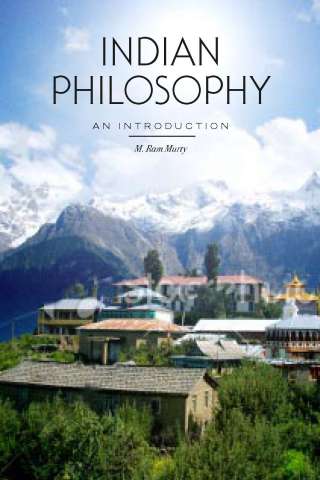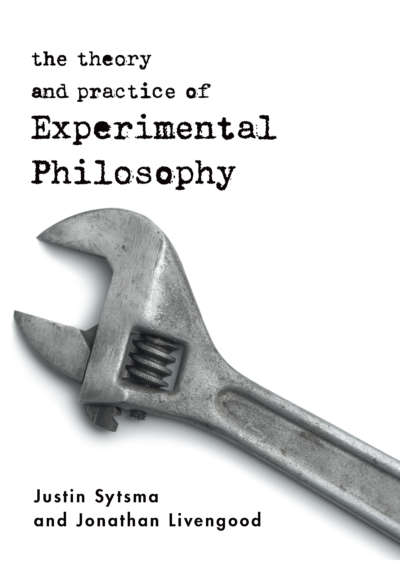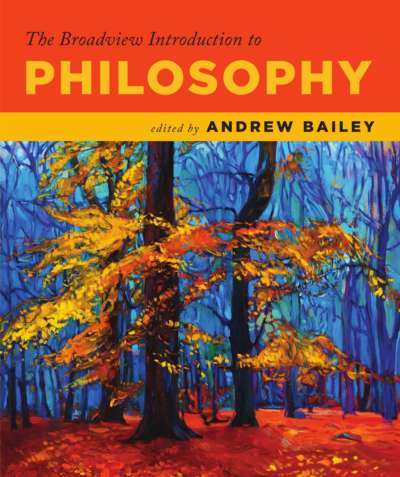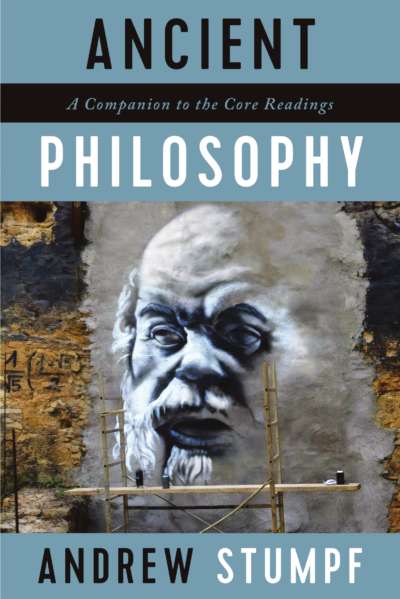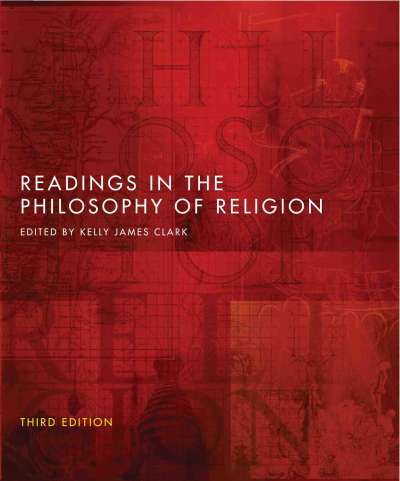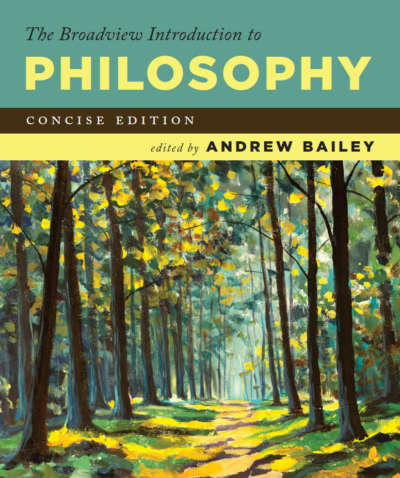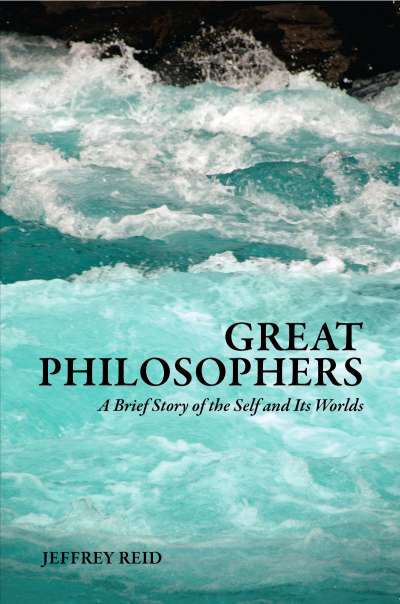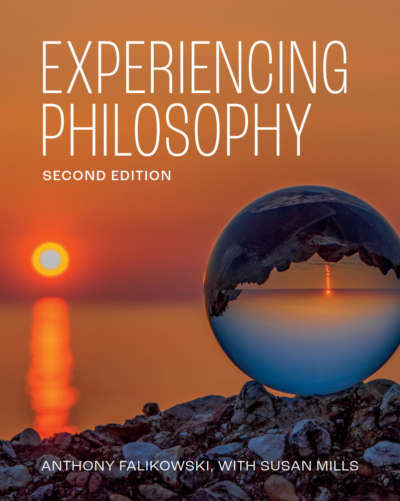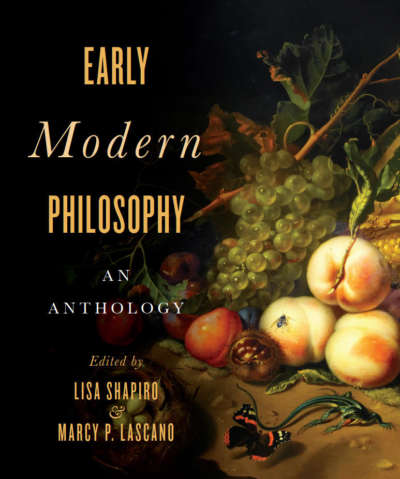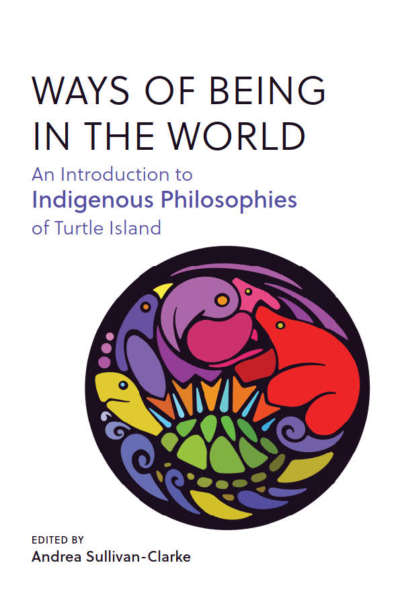Philosophers of the Warring States is an anthology of new translations of essential readings from the classic texts of early Chinese philosophy, informed by the latest scholarship. It includes the Analects of Confucius, Meng Zi (Mencius), Xun Zi, Mo Zi, Lao Zi (Dao De Jing), Zhuang Zi, and Han Fei Zi, as well as short chapters on the Da Xue and the Zhong Yong. Pedagogically organized, this book offers philosophically sophisticated annotations and commentaries as well as an extensive glossary explaining key philosophical concepts in detail. The translations aim to be true to the originals yet accessible, with the goal of opening up these rich and subtle philosophical texts to modern readers without prior training in Chinese thought.
Comments
“Kurtis Hagen and Steve Coutinho have crafted the book that many who teach and study early Chinese philosophy have been waiting for. Clear translations, extensive commentary, and important background information make this volume uniquely friendly for students and professors alike. Hagen and Coutinho provide a valuable gateway for those seeking a ‘way in’ to understanding early Chinese thought.” — Amy Olberding, University of Oklahoma
“Hagen and Coutinho have structured this sourcebook in a unique and pedagogically useful way, providing explanatory philosophical commentaries throughout the text and careful explanations of key philosophical concepts. They guide the reader step-by-step through ancient Chinese philosophical texts, such that these various philosophies seem natural and unsurprising in the context provided.” — Jinmei Yuan, Creighton University
“Philosophers of the Warring States is a synoptic introduction to selected readings from key ancient Chinese philosophical traditions. Hagen and Coutinho’s critically informed commentaries complement their percipient and engaging translations of these texts.” — Karyn Lai, University of New South Wales
Preface
Acknowledgments
Chapter 1 Introduction
Chapter 2 Key Philosophical Terms
PART I RU JIA: THE SCHOOL OF RU (CONFUCIANISM)
- Chapter 3 Da Xue 大學: “Expansive Learning”
- The Canonic Core of the Da Xue
- Selections from the Commentary on the Da Xue
- Chapter 4 The Analects of Confucius
- Confucius on Personal Conduct and Character
- Confucius’ Political Philosophy
- Confucius’ Worldview and Attitude towards Spiritual Matters
- Chapter 5 Meng Zi (Mencius)
- Meng Zi’s View of Human Nature
- Meng Zi’s Ethical Philosophy
- Meng Zi’s Political Philosophy
- Chapter 6 Xun Zi
- “Encouraging Learning,” Quan Xue 勸學 (Chapter 1)
- Xun Zi on Motivation—“Honor and Disgrace” (Chapter 4) and a Discussion of Desire from Chapter 22
- “Discussing the Military,” Yi Bing 議兵 (Chapter 15), and Related Passages
- “A Discourse on Tian,” Tian Lun 天倫 (Chapter 17), and §§9.14, 9.16b, and 9.16c
- “A Discourse on Ritual Propriety,” Li Lun 禮論 (Chapter 19)
- “Dissolving Beguilement,” Jie Bi 解蔽 (Chapter 21)
- “Proper Terminology,” Zheng Ming 正名 (Chapter 22), §§22.1a—22.4c
- “Natural Dispositions Are Detestable,” Xing E 性 惡 (Chapter 23), and §9.16a
- Chapter 7 Zhong Yong 中庸: “Excellence in the Ordinary”
PART II MO JIA: THE SCHOOL OF MO (MOHISM)
- Chapter 8 Mo Zi
- Philosophical System
- “Conforming with Superiors” (Book 3, Chapter 11)
- “The Intentions of Tian” (Book 7, Chapter 26)
- “Promoting the Worthy” (Book 2, Chapter 8)
- “Impartial Concern” (Book 4, Chapter 16)
- “Against Aggression” (Book 5, Chapter 17)
- Rhetorical Criticisms of Ruism
- “Against Ming (Fatalism)” (Book 9, Chapter 35)
- “Against the Ruists” (Book 9, Chapter 39)
- “Moderation in Expenditures” (Book 6, Chapter 20)
- “Against Musical Delights” (Book 8, Chapter 32)
PART III DAO JIA: THE SCHOOL OF DAO (DAOISM)
- Chapter 9 Lao Zi
- Ontology and Cosmology
- Phenomenology, Meditation, and Spiritual Cultivation
- Tian Dao: The Way of the Cosmos
- Ren Dao: The Way of Humans
- Wu Wei: Politics, Utopianism, and Empire
- Chapter 10 Zhuang Zi I: Zhuangzian Philosophy
- Vastness and Wandering Beyond
- Philosophy of Vastness as Developed in the Outer Chapters
- Transformation: Living and Dying with Tranquility
- Natural Potency De
- Governing
- Daoist Philosophy of Skill
- Language, Knowledge, and Evaluation
- Chapter 11 Zhuang Zi II: Utopianism and Mystical Imperialism, Two Strands of Daoist Thought from the Outer Chapters
- Utopianism
- Mystical Imperialism
PART IV FA JIA: THE SCHOOL OF LAW (LEGALISM)
- Chapter 12 Han Fei Zi
- Fundamentals of Legalism (from Chapters 43, 7, 6, and 5)
- From Chapter 43, “Deciding [between] Law [and Method]”
- From Chapter 7, “The Two Reins”
- From Chapter 6, “Having Measures”
- From Chapter 5, “The Way of the Ruler”
- Defense of Legalism, and Criticism of Confucianism and Mohism (from Chapters 46, 49, 50, and 14)
- From Chapter 46, “Six Antithetical [Types of People]”
- From Chapter 49, “Five Vermin”
- From Chapter 50, “Prominent Schools”
- From Chapter 14, “Traitorous, Robbing, and Murdering Ministers”
Bibliography
Kurtis Hagen is former Chair of the Philosophy Department at SUNY Plattsburgh and author of The Philosophy of Xunzi: A Reconstruction (Open Court, 2007). Steve Coutinho is Department Head and Associate Professor of Philosophy at Muhlenberg College and author of Zhuangzi and Early Chinese Philosophy (Routledge, 2018) and An Introduction to Daoist Philosophies (Columbia, 2014).
For a sample of Hagen and Coutinho’s translation of The Da Xue, click here. (Opens as a PDF.)

